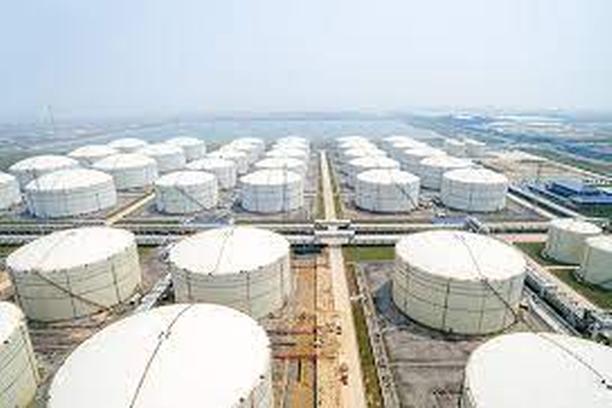Tankfarm Secures $23 Million for Propane Innovation and Expansion
Tankfarm, the trailblazing tech-driven propane distribution platform, has exciting news. They’ve successfully concluded a Series B funding round, raising an impressive $23 million. This significant investment comes from a select group of influential family offices and existing supporters. The newly acquired funds will be strategically deployed for multiple purposes. First, they will bolster customer acquisition… Continue reading Tankfarm Secures $23 Million for Propane Innovation and Expansion
Tankfarm, the trailblazing tech-driven propane distribution platform, has exciting news. They’ve successfully concluded a Series B funding round, raising an impressive $23 million. This significant investment comes from a select group of influential family offices and existing supporters.
The newly acquired funds will be strategically deployed for multiple purposes. First, they will bolster customer acquisition efforts, expanding Tankfarm’s reach and serving more propane consumers. Second, they’ll further enhance the development of Tankfarm’s proprietary technology platform, which is already making waves in the industry with its patent-pending innovations. Lastly, this financial boost will enable Tankfarm to extend its national propane delivery footprint, which spans an impressive 37 states and encompasses over 400 locations.
Tankfarm’s unique approach involves strategic investments in software and cutting-edge sensors. This focus on technology isn’t just about efficiency; it’s about creating an exceptional customer experience while making propane deliveries more streamlined and profitable. Their overarching goal is to revolutionize the propane industry’s technological landscape, aligning it with the expectations of today’s propane consumers.
In a propane industry valued at a staggering $35 billion in the United States, marked by fragmentation and relatively slow adoption of new technology, Tankfarm’s innovative strides are set to disrupt the status quo.


